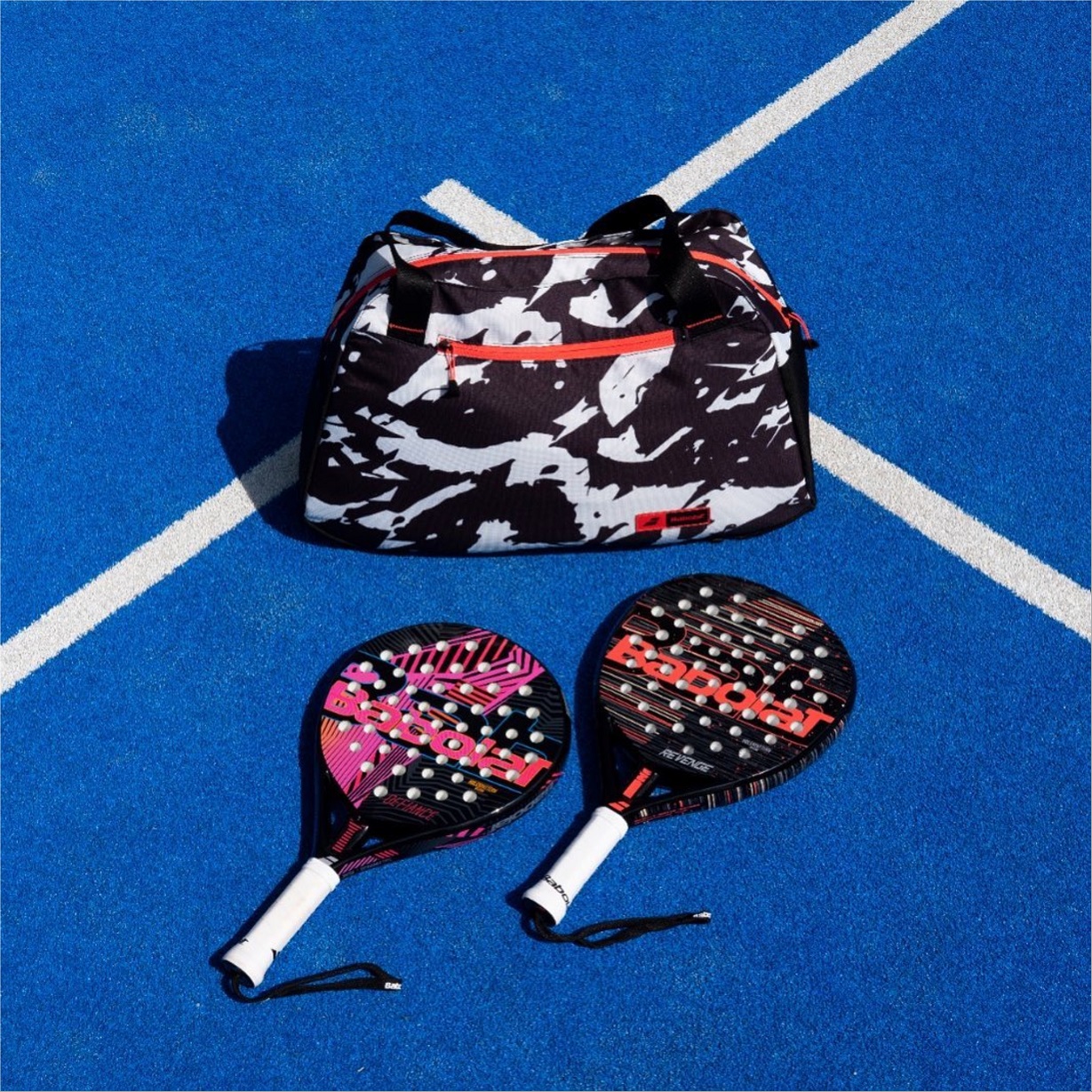
Soccer is played by two 11-player teams. The primary objective of the sport is to score by passing the ball through the goal frame and over the line. The game is traditionally played over two 45-minute halves, for a total match time of 90 minutes.
The Football Association of England developed the rules of soccer in 1863. Today, the sport is governed by the International Federation of Association Football (FIFA), with seventeen laws that apply to all levels of play.
As well as the Laws of the Game there are several other rules and guidelines that govern the sports. These include the use of the penalty kick and red cards.
* Offside- A referee will call an infraction if he believes that a player who is attacking is on the other team's side of the field, and closer to the goalline than the ball. Offside usually means that a goal can't be scored.
** Offside infringements are shown to the offending player by the head ref and result in one yellow card; the first offence can earn a red card. Second offence will result in expulsion and no replacement.

*** Penalty Shootout - If the game is tied after extra time, each team takes turns scoring from their own penalty spot to determine the winner. The match is decided by the first scorer.
The goal in soccer is to beat your opponent by scoring more goals. Goals can be scored by field goals, penalty kicks, corner kicks or free kicks.
A typical game of soccer has two 45-minute halves and each team changes their goal at half time. The goalkeeper must protect the goal against incoming attacks.
The soccer ball, or football, is a lightweight synthetic material. The ball is made with a black and white pattern to make it more visible in conditions such as snow or water repellent.
The balls are also safer than leather and have a more consistent flight and bounce. It is used in all professional matches, as well as a wide range of amateur tournaments and leagues across the world.
There are many variations to the sport, and a variety of strategies used by coaches and managers. Following are some examples.

Possession - A strategy that focuses on controlling the ball as much as possible. This can involve sending long passes or crosses over the midfield to a forward who can run onto them and score.
Long Ball (Long Ball) - This tactic is simple and requires an accurate striker as well as a quick defender. This is a great way to control game flow.
Many different soccer competitions and events are held all year round. The FIFA World Cup is one of the most famous events, which draws billions of fans each year.
FAQ
What happens if I don’t get enough sleep?
You can't get enough sleep and your brain will not be able to regulate hormones and chemicals responsible for controlling appetite and metabolism. In turn, this can cause you to eat more and gain weight. Overeating can also be caused by a lack of sleep.
Is it safe?
Exercise outside whenever possible. While the air temperature is a major factor in determining whether or not it's safe to exercise outside, it's not the only one. Wind speed, humidity, precipitation, and visibility also play a role. Layers of clothing will protect you from rain and wind chill if you exercise outdoors in inclement climates.
Does exercise cause me to gain weight?
Not at all. In fact, exercise helps you to maintain your current weight. Training regularly can help you build muscles, increase your metabolism, and burn more calories. This means you won't store as much fat in your body.
Can I eat when I'm working out?
Yes. Yes. Make sure you choose low-calorie snacks such as watermelon, carrots, celery, apples, bananas, and grapes. These foods provide nutrients that improve your performance during exercise.
Can exercise help me lose weight?
Yes. Regular exercise can help you shed extra calories and lose weight. Your metabolism will remain high, so you can continue to burn calories even though you're not exercising.
How do I get started with fitness?
Start small. You can start by taking 10 minutes each week to walk around the block. This will help you learn basic movements and allow your muscles to adjust to the new routine. Once you are comfortable with this form of exercise and have gained some experience, you can start adding steps to your daily workout routine.
Statistics
- One study showed that adults who watch more than 4 hours of television daily had an 80% higher risk of death from cardiovascular disease. (heart.org)
- According to the Centers for Disease Control and Prevention, chronic diseases cause 7 out of 10 deaths in the U.S., and treating chronic diseases accounts for 86% of U.S. healthcare costs. (mana.md)
- Globally, 28% of adults aged 18 and over were not active enough in 2016 (men 23% and women 32%). (who.int)
- Globally, 81% of adolescents aged 11-17 years were insufficiently physically active in 2016. (who.int)
External Links
How To
How to Stay Fit at Age 40
This article helps those over 40 to keep their body strong and healthy. It includes basic advice on how you can eat right, exercise regularly, get enough sleep, and take good care of your mind. This article contains tips and tricks to live longer, healthier lives.
-
Healthy eating habits are key to staying fit. You should steer clear of processed food products, and eat whole grains and fruits, vegetables, lean proteins, fish, eggs, nuts, seeds, beans and legumes. Don't be afraid to change your diet if the food you are eating is not what you prefer. Do not starve yourself, this will not help with weight loss. Instead, add small amounts more variety to your daily menu. You might try turkey if you don't eat chicken breast often. If you are a fan of pasta, rice is a good option. Consider including these foods in your daily meals.
-
Exercise - You should exercise at least three days per week. Ensure you include cardio activities such as walking, running, swimming, biking, dancing, etc. Make sure to get enough rest. Sleeping for 8 hours per night is recommended. You should also ensure you get enough water throughout the day. Try to drink 2 liters (0.5 gallons) of water every day.
-
Sleep Well - Proper sleep is crucial for staying healthy. According to the National Sleep Foundation adults need 7-8 hours of sleep per day to maintain their optimal physical and emotionally healthy. However, most people average less than 6 hours of sleep per night. If you find that you are constantly tired throughout the day, try making adjustments to your sleeping habits. It is possible to catch up by making adjustments to your sleep schedule, such as waking up earlier or going to bed later. Also, you might want to turn off your phone before bed in order to relax and wind down. Avoid caffeine after noon to avoid insomnia.
-
Take care of your mental well-being - It's important to take good care your mind and keep your body in tip top shape. Stress can lead to unhealthy eating habits, poor lifestyle choices, and poor sleep habits. You should practice stress management techniques, such as yoga, meditation, breathing exercises, or relaxation. Do something that is enjoyable for at least an hour. You could go for a walk, play sports, read a book, listen to music, or watch TV.
The above four points will ensure that you live longer and healthier. These four steps can help you achieve your fitness and health goals.